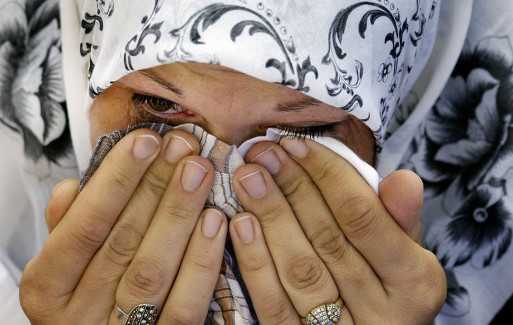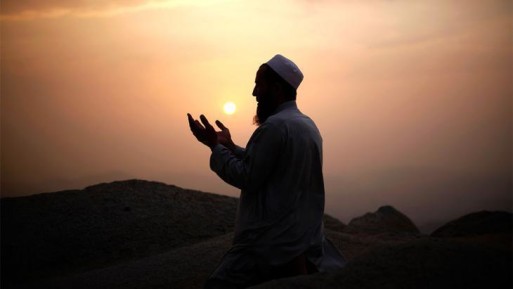We live in an increasingly multicultural society. At some point, you will probably have a loved one, friend, or co-worker of the Muslim faith who loses a loved one to death. Knowing Muslim mourning customs can help you be more sensitive and supportive.
Among the followers of Islam, mourning actually begins near the time of death, when close friends and family gather near the person who is dying. They share encouragement, comfort and prayers. Ideally, the last words of the loved one who is near death are a prayer acknowledging that Allah is the one and only true god.

Credit: yasminareality.com
After death occurs, the loved one is carefully washed and wrapped in a shroud. One or two same-sex family members are usually responsible for handling the washing, although a spouse may also assist in the process.
Grief at the time of death is expressed through prayers and quiet weeping. Wailing, screaming or tearing of the hair or clothes is considered undignified. In fact, some Muslims believe that Allah will take to task the loved one who died if the family expresses uncontrollable grief. Many Muslims also believe that expressing anger or bitterness about the death is the equivalent of questioning the wisdom of Allah, which is blasphemy. In general, the followers of Islam believe in patience and in submitting to the will of Allah. A common greeting and parting among friends and family is, “Inshallah,” meaning “If Allah wills it.”
During the three days after the death, the immediate family receives friends and well-wishers. It is appropriate and appreciated to bring a gift of food, as long as the food that you bring is not taboo, such as pork. When in doubt, ask the family what they would like you to bring.
On the other hand, most Muslims do not participate in the custom of giving flowers at the time of death. They see this as wasteful. They would rather you give donations to their loved one’s mosque or to another cause their loved one supported during his or her lifetime.
The burial of the person who has died takes place as soon as possible after the death, usually within 24 hours. Many Muslims are against any desecration of the body such as embalming, cremation or autopsy. Organ donation, however, has become more acceptable. The Holy Qur’an states, “Whosoever saves a life, it would be as if he saved the life of all mankind.” The Prophet Muhammed has been quoted as saying, “Whosoever helps another will be granted help from Allah.”

Credit: enqantara.de
The funeral usually consists of ritual prayers asking Allah to forgive the sins of the person who has died. One or two people may speak to praise the loved one, but too much praise is considered prideful. It is also important that everything said about the loved one be the truth. For instance, a man known for shady business dealings should not be praised for his honesty.
When the loved one of someone important to you dies, you want to offer all the support that you can. This is easier if you understand the other person’s culture and mourning traditions. Of course, no two Muslims are alike any more than any two Christians or Buddhists are alike. If you are not sure of the best way to help your friend who is grieving, ask what you can do or offer a few choices that you think might be helpful.

 Customs for Mourning in the Muslim Community
Customs for Mourning in the Muslim Community


 John Mulaney’s “Funeral Planning” on Netflix: No Real Plan
John Mulaney’s “Funeral Planning” on Netflix: No Real Plan

 Composting Bodies Is Now Legal in a Dozen States
Composting Bodies Is Now Legal in a Dozen States














